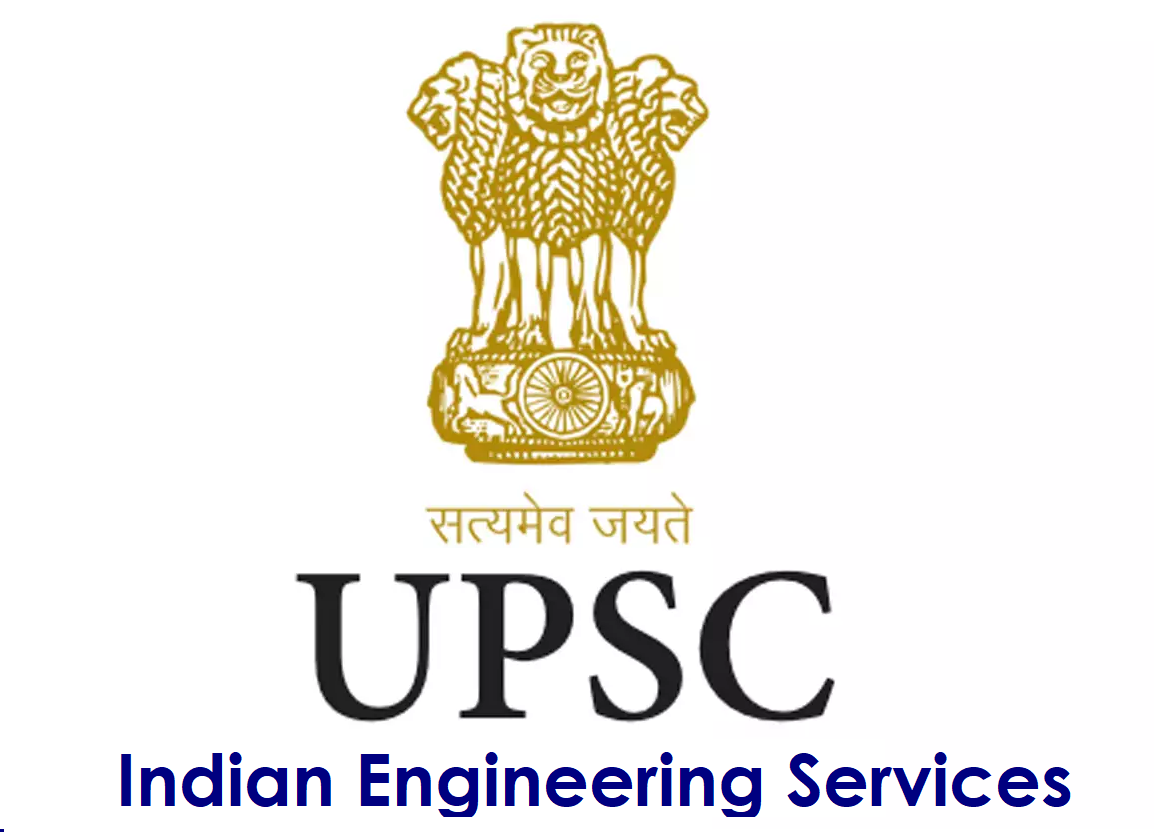What is IES Mechanical Engineering Exam

Engineering Services Examination (ESE) is conducted to recruit officers for the serves to the technical and managerial functions of the Government of India in the field of engineering. A three-stage competitive examination (preliminary, main and personality tests), the Engineering Services Examination (ESE), is conducted by the UPSC for recruitment to the Indian Engineering Services.
Officers recruited through ESE are mandated to manage and conduct activities in diverse technical fields.
Posts offered through IES
Mechanical Engineering
- IRSME ( Indian Railway Service of Mechanical Engineers ).
- AEE in Geological Survey of India (GSI) engineering service (Group A)
- Indian Defence Service of Engineers
- Defence Aeronautical Quality Assurance Services (Group A)
- Indian Naval Armament Service (INAS) (mechanical engineering posts)
- Assistant Naval Store Officer Grade I (mechanical engineering posts), Indian Navy
- AEE (mechanical) Border Roads Engineering Services (Border Roads Organisation)
- Central Water Engineering (Group A) Service
- Central Power Engineering Service (Groups A and B, mechanical engineering posts)
- Indian Skill Development Service
- Central Electrical and Mechanical Engineering Service (Central Public Works Department)
Responsiblity of officers
The work performed by these bureaucrats largely depends on their engineering branch and service (or cadre). However, they can move to any cadre, organization, agency, department, ministry or public sector undertaking of the government of India. They are appointed to posts analogous to their present one, either on a fixed-term deputation basis (at least five years and extensible, after which the officer returns to their parent cadre) or an absorption basis where the official leaves the parent cadre for the new one.
Required Eligibility
The minimum educational requirement is a bachelor's degree in engineering (B.E. or B.Tech) from a recognised university or the equivalent. An M.Sc. degree or equivalent with wireless communications, electronics, radio physics or radio engineering as special subjects is also acceptable for certain services or posts.
The age range is 21–30 years on 1 January of the year of the Engineering Services Examination. The upper age limit is relaxed as follows:
- A maximum of three years for Other Backward Class candidates (non-creamy layer only)
- A maximum of four years for Defence Services personnel disabled in operations during hostilities with any foreign country or in a disturbed area and discharged as a consequence
- A maximum of five years for:
- Candidates belonging to a Scheduled Caste or Scheduled Tribe
- Candidates who resided in Jammu and Kashmir from 1 January 1980 to 31 December 1989
- Ex-servicemen (including commissioned officers and ECOs or SSCOs) with at least five years of military service by 1 August
- Candidates already in a permanent post of the Central Government Engineering Department
Examination Process
Candidates are required to apply on the UPSC website. The application fee for general-category male candidates is ₹200. No fee is required for female and reserved-category applicants. Stage 1 of the test is conducted during the first week of January; Stage 2 is conducted in June and July across India. The government of India changed the Engineering Services Examination .
| Stage | Type | Time | Marks |
|---|---|---|---|
| I | General studies and engineering aptitude paper | 2 hours | 200 (maximum) |
| Engineering discipline-specific paper | 3 hours | 300 (maximum) | |
| II | Discipline-specific paper I | 3 hours | 300 (maximum) |
| Discipline-specific paper II | 3 hours | 300 (maximum) | |
| III | Personality test | 200 (maximum) |
Candidates who qualify at Stage I are permitted to appear for the Stage II examination, and those who qualify at Stage II are permitted to appear for the Stage III examination. Candidates qualifying at all three stages are included on the examination's final merit list. The maximum score is 1300.
The personality test is an interview which assesses the candidate's suitability for a career in public service by a board of unbiased observers. The interview also assess social traits and interest in current affairs. Qualities judged include mental alertness, critical ability, clear and logical exposition, judgment, variety and depth of interests, social cohesion and leadership, and intellectual and moral integrity.
| UPSC IES Notification Release | 6th September 2023 | 18th September 2024 |
| Application Form Availability | 6th September 2023 - 26th September 2023 | 18th September 2024 - 8th October 2024 |
| UPSC IES Prelims Exam Date | 18th February 2024 | 9th February 2025 |
| UPSC IES Mains Exam Date | 23rd June 2024 | 22nd June 2025 |
 Click here for Practice paper
Click here for Practice paper